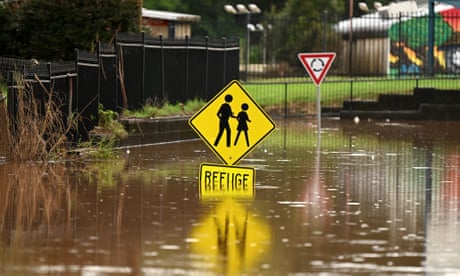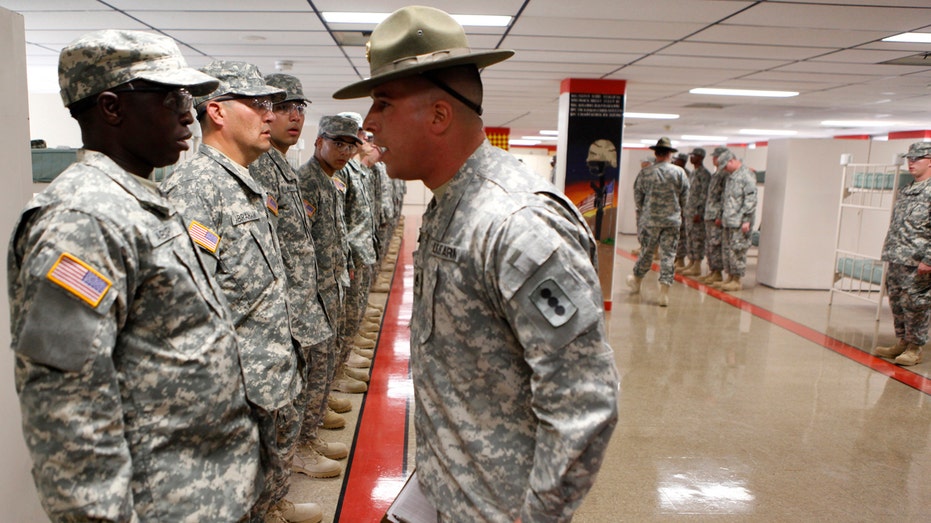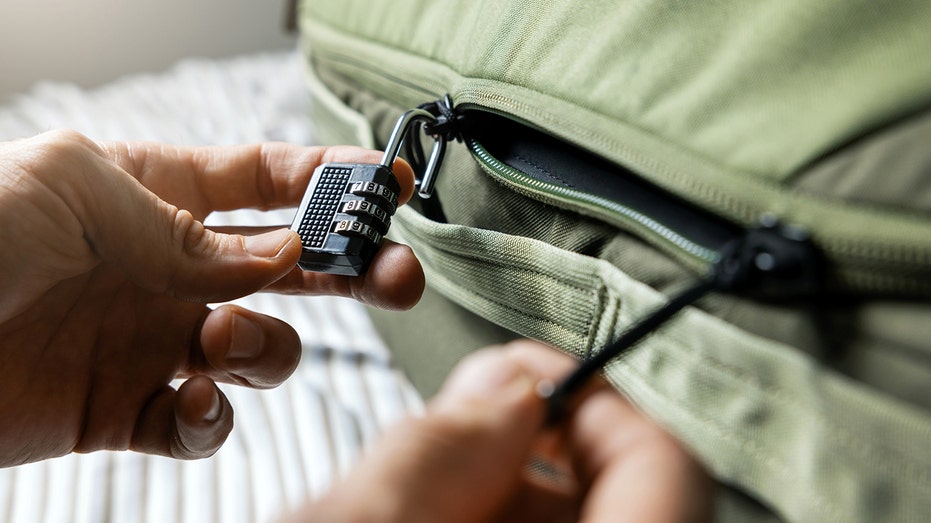- by foxnews
- 04 Jun 2025
Advocates say people with disability are increasingly ‘forgotten’ in emergency planning
Advocates say people with disability are increasingly ‘forgotten’ in emergency planning
- by theguardian
- 11 Apr 2022
- in news

After being evicted from her short-term accommodation to make way for tourists, flood victim Margaret was left with nowhere else to go.
"I would have been homeless, living out of my car with two dogs," the 79-year-old said.
After panicking all afternoon about where she would end up, Margaret, who asked that her surname not be published, received a last-minute call from the state-led Community Recovery Program informing her she would have a roof over her head for at least another week.
"I feel like a hot potato," she said. "I'm too old to be moved every seven days. It's taken a lot out of me."
Margaret lives with a mobility disability and said she has been moved six times since she was evacuated from her Gympie home in February.
She is not alone. According to advocacy groups, many people with disabilities are struggling to access appropriate support after flooding in northern NSW and Queensland.
Margaret said under the recovery program, she has been repeatedly placed in unsuitable accommodation that does not cater to her needs.
"I was first moved to a bed and breakfast in Imbil, where the closest town is 7km away. I thought how the heck am I supposed to get to town? Because there's no public transport," she said.
She said she was later moved to a yurt in the mountains that only had an outdoor barbecue for cooking and no inside shower.
"I had two falls there because I was really stressed out and then I had to be taken to hospital," she said.
"I don't feel like I belong in my own country any more."
A coalition of 40 peak advocacy organisations have written an open letter demanding better resources and planning for disaster responses for people with disability. They say people with disability "continue to experience risks, neglect and serious negative impacts during disasters and emergencies", resulting in "loss of services, supports and basic needs, as well as physical and psychological injuries".
"We cannot continue to underestimate the significant and long-term effects of these events for people with disability and carers," the letter states.
Giancarlo de Vera, senior manager of policy at People With Disability Australia, said people with disability are feeling increasingly "forgotten" when it comes to emergency planning.
De Vera said people with disability are often turning to the community for assistance as they are not receiving sufficient support from the government.
Queensland's Department of Communities, Housing and Digital Economy declined to comment on any specific case due to privacy laws, but said it is providing "a range of assistance to people requiring short and longer-term accommodation."
"The department assists people with their housing needs, including through temporary and emergency accommodation such as hotels and motels, where they are unable to remain in their homes as they have been impacted by the flooding," a spokesperson said.
The spokesperson said housing assistance has been provided to 768 flood-affected households as of 31 March and a $600,000 Rapid Response Fund has been established "to deliver enhanced housing and homelessness services in impacted areas".
Overall, as of 7 April, 100,151 flood grant applications have been received by the government, with 42,810 payments totalling $17,776,546 made.
But, in partnership with the University of Sydney, advocates are putting forward a series of recommendations for disaster management relating specifically to people with disabilities.
These include creating nationally consistent standards to ensure disability representation in emergency management at all levels of government and prioritising collaborative and inclusive disability research.
They call for resources, support, and advocacy for people with disability to self-assess their risks and tailor their emergency preparedness to their situation, as well as capacity development for service providers.
The government should also provide explicit guidelines outlining who takes responsibility for the extra support needs of people with disability in emergency situations, they said.
In the meantime, Margaret has been told it will be another 12 to 18 months until she can move back into her home. On the brink of 80, she said she feels exhausted by the constant moving.
"People need to be treated like human beings - not like cattle that you move around as you see fit," she said.
"It plays havoc with your body and havoc with your mental state. Flood victims need better and more permanent accommodation. It could be made so much easier."
- by foxnews
- descember 09, 2016
Should you lock your luggage when traveling? Why it's a weighty matter
With tightened security, experts are warning of luggage risks like theft and mishandling for travelers. TSA sees 90,000 to 100,000 items left at checkpoints monthly.
read more


